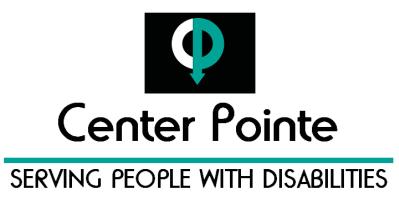
6 minute read
Being Firm, Not Angry
Do you want to get your GED or improve your English? Have you thought about going to college?
Now you can do both at the same time! I-BEST (Integrated Basic Education and Skills Training) allows you to work on your GED and earn college credits in a marketable skill at the same time. Classes are located at SCC and SFCC and have both an Adult Basic Education Instructor and a Vocational Instructor in the classroom at the same time. The classes are smaller and with two instructors students have additional help. Funding for the programs is usually available for low to middle income students. Programs are developed based on job availability in the labor market.
Advertisement
Current program offerings include: SFCC Social Service Technician 8 weeks Offi ce Skills 20 weeks SCC Manufacturing: Introduction to welding and machining 12 weeks Clerical Assistant CORE with a pathway to Medical or Legal Offi ce Assistant 8 weeks
Nurturing Times
BEING FIRM, NOT ANGRY: Tips for Parenting Teens With Addictions
from www.byparents-forparents.com TIGHTER PARENTING: Finding out that your teen is addicted to Whatever the underlying cause for your drugs is emotionally devastating. Your fi rst reaction may be anger toward your son or daughter. After the anger, though, parents need to fi nd the strength to parent their teen with fi rmness and support. Whether a teen with drug addiction or chemical dependency is living at home, at a treatment center, or in a therapeutic residential school, parents need to be proactive teen’s addiction problems, tighter parenting needs to be implemented so as not to enable them to continue their poor choices. If you don’t have house rules for your teen, create them. They might include rules relating to chores, driving, school, homework, and curfews. If you already have house rules, they about the type of parenting their teen requires. probably need to be made more explicit with HELPING VS. PUNISHING: additional details will help to alleviate mis Always focus on the goal which is to understandings. Also, parents should spend help your child heal. It’s easy for parents to time following up on all of their child’s plans feel anger toward their teen, to be mad about - checking with other parents, confi rming their child’s poor choices, and to want to scheduled events, etc. It might annoy your punish them. However, punishing only has teen, but it will help keep them safe. short-term, if any, impact. What will help them heal? Counseling? A support group? A new school? Implement changes that will help your child become the person that you always hoped they would become.
THERAPY:
Finding the right therapist is critical. The counseling needs to support and help the teen, as well as parents and siblings. One counselor or therapist with the appropriate training and experience might be able to fulfi ll all the therapeutic needs. Or, there might need to be a combination of therapists and/or support groups to help the whole family. When searching for effective therapy, look for someone who will work to fi nd the cause of your teen’s addiction problems, rather than just treating the symptom, which is the drug or chemical dependency.
BUILD SELF ESTEEM:
One of the most common issues underlying teens with drug addictions is poor self esteem. To help teens build their self image and self esteem parents should encourage participation in volunteer projects, challenging activities, and exercise. Reinforce your teen’s strengths. Find ways to help them laugh and have fun. Re-framing their self esteem and their view of self is important to their recovery, and also to maintaining an addiction free life.
COMMUNICATION:
Open, ongoing communication is particularly hard for parents when their son or daughter has compromised a multitude of societal, legal, and health issues. As in all relationships however, communication is key. Find opportunities to listen to your teen. Rather than overreacting to what they share, ask questions and listen carefully. Be cognizant as to if they need support, comfort, new ideas, or just a compassionate parent to listen. Provide opportunities for communication that is in neutral or less intense settings such as while taking a walk or participating in an activity together. details such as who, what, and when. The
The fi rst step in facing drug addiction is to admit the problem. LET GO OF BLAME:
Parents can become immobilized through issues of self blame. “I should have talked to her more about drugs.” “If only I’d been a stricter parent.” “I just didn’t spend enough time with him.” During recovery, your child needs you to be strong and supportive. Focus on what you’re doing to help, not what you might have done wrong in the past.
PARENT SUPPORT, SELF CARE:
Parenting any child is diffi cult. Parenting a teen with drug addictions or chemical dependencies can be overwhelming. Parents become emotionally drained and need to fi nd ways to replenish themselves. Put therapeutic respite into place for your teen so that you can spend time with your spouse, work out, go to lunch, or see a movie. A strong, focused parent is needed to help support a teen that is working to overcome addiction. Parenting your teen through the challenges of addiction will be intensely diffi cult for you, your teen, and the rest of your family. But with dedication and fi rmness, you will be surrounding them with the elements needed to help them fi ght their addiction.
“Do not handicap your children by making their lives easy.” - Robert A. Heinlein Page 3 Give the Gift of a Healthy Relationship to Your Child
Relationship Seminars for Singles, Engaged, Couples

Learn Practical Skills Male Friendly Sessions Not Counseling
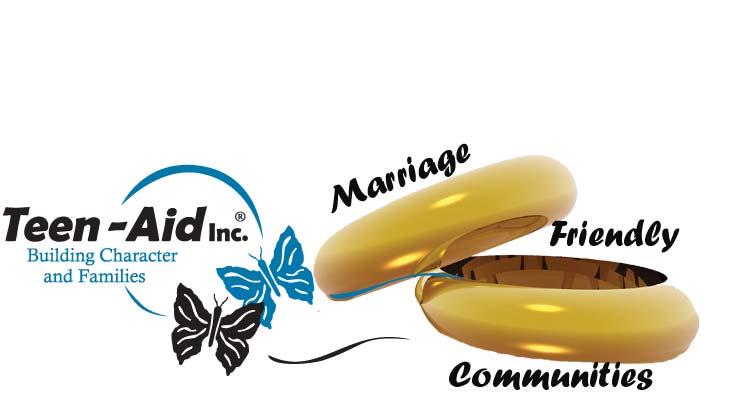
(509) 482-2868
www.marriagefriendlycommunities.org
Funding for this project was provided by the United States Department of Health and Human Services, Administration for Children and Families,Grant:90FE0102/1. Any opinions, findings, and conclusions or recommendations expressed in this material are those of the author’s) and do not necessarily reflect the views of the United States Department of Health and Human Services, Administration for Children and Families.
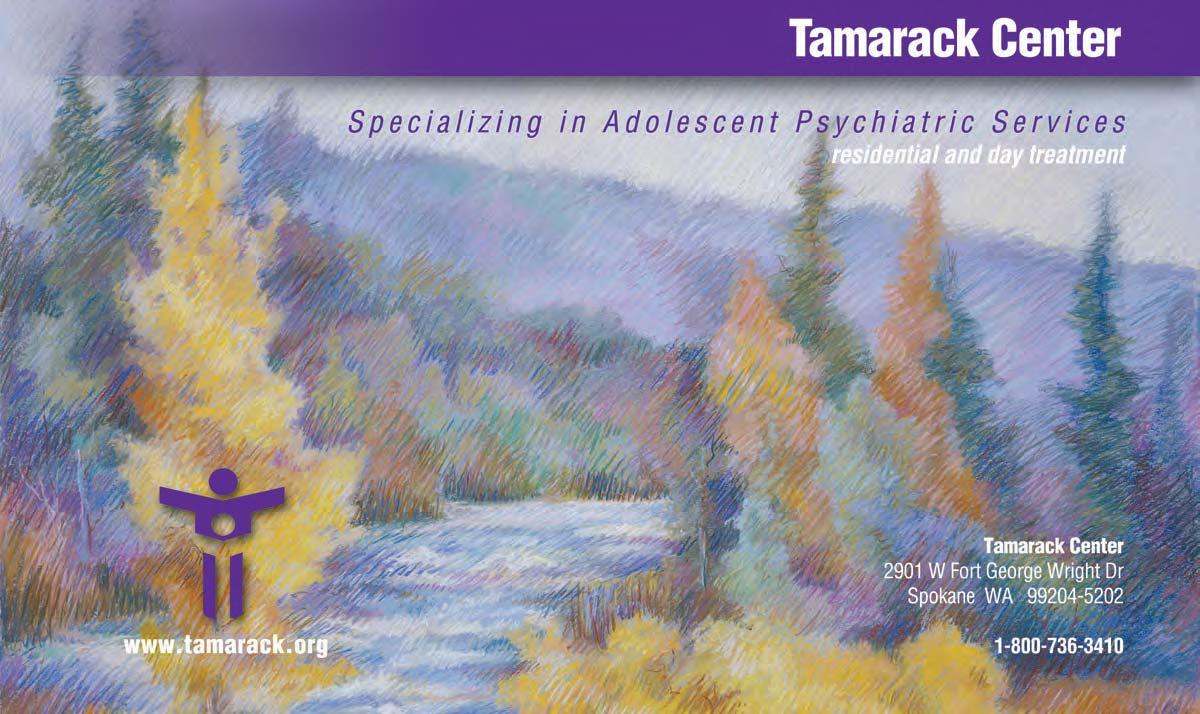
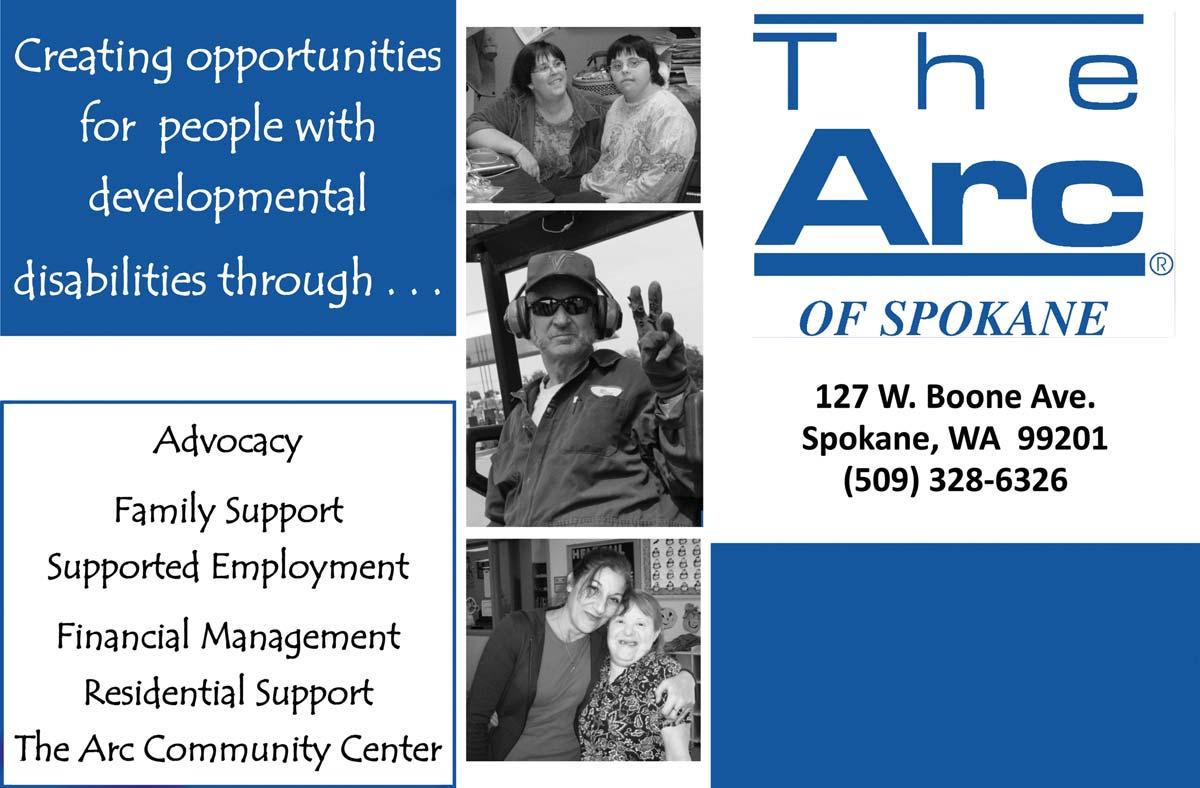
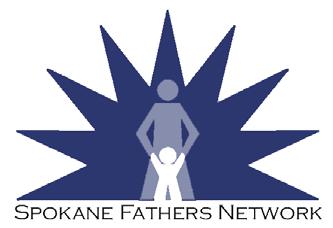
The Spokane Fathers Network provides a time for fathers to come together and share the joys, challenges, values, and ideas of raising our children with special needs.
The SFN meets the 3rd Saturday of each month at: Frankie Doodles Restaurant – 30 E. 3rd Ave—10:00 a.m.
Come join us and see what this unique group is all about!
For more information contact Gregg Osborne at 509-768-1383


Spokane Father’s Network & Spokane County Parent Coalition AN NN NU UA AL L FAMILIES’FAMILIES’ PICPICN NICIC & & B BBQBQ July 19th 11:30—2:00 p.m. Thornton Murphy Park 3105 E 27th Ave
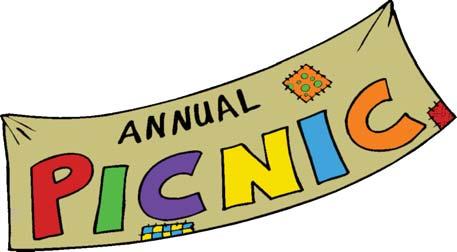
We will supply the burgers, hot dogs, & drinks You bring a salad or desert to share Prizes, Games & Activities for Kids





